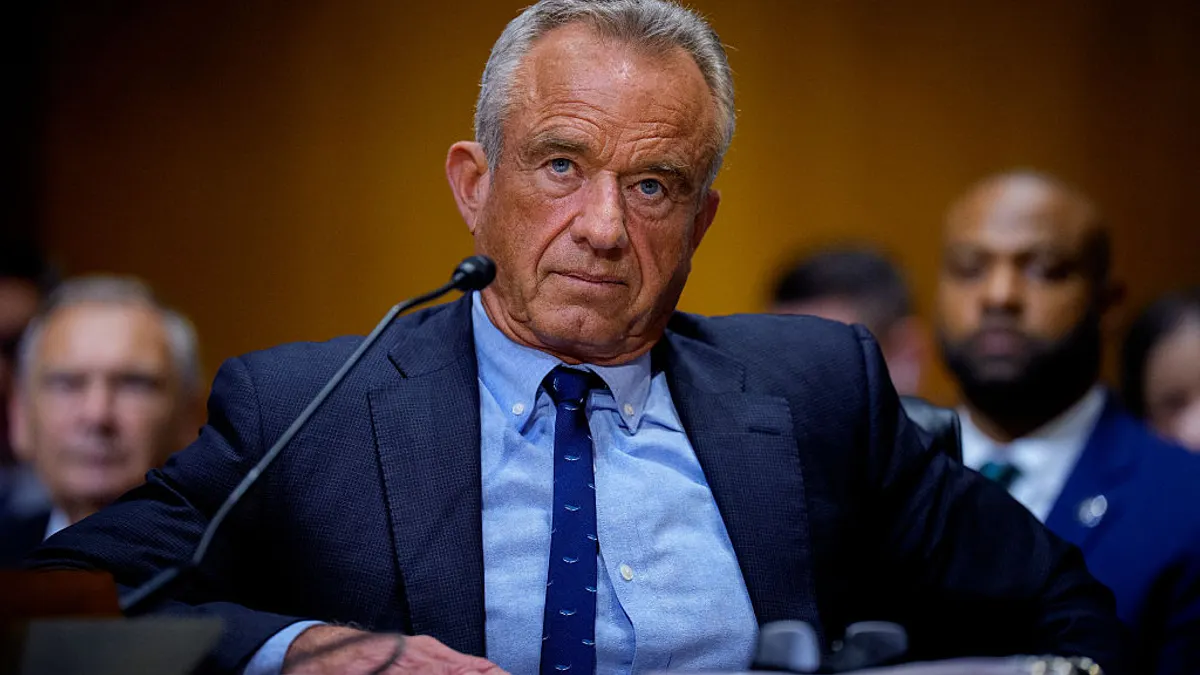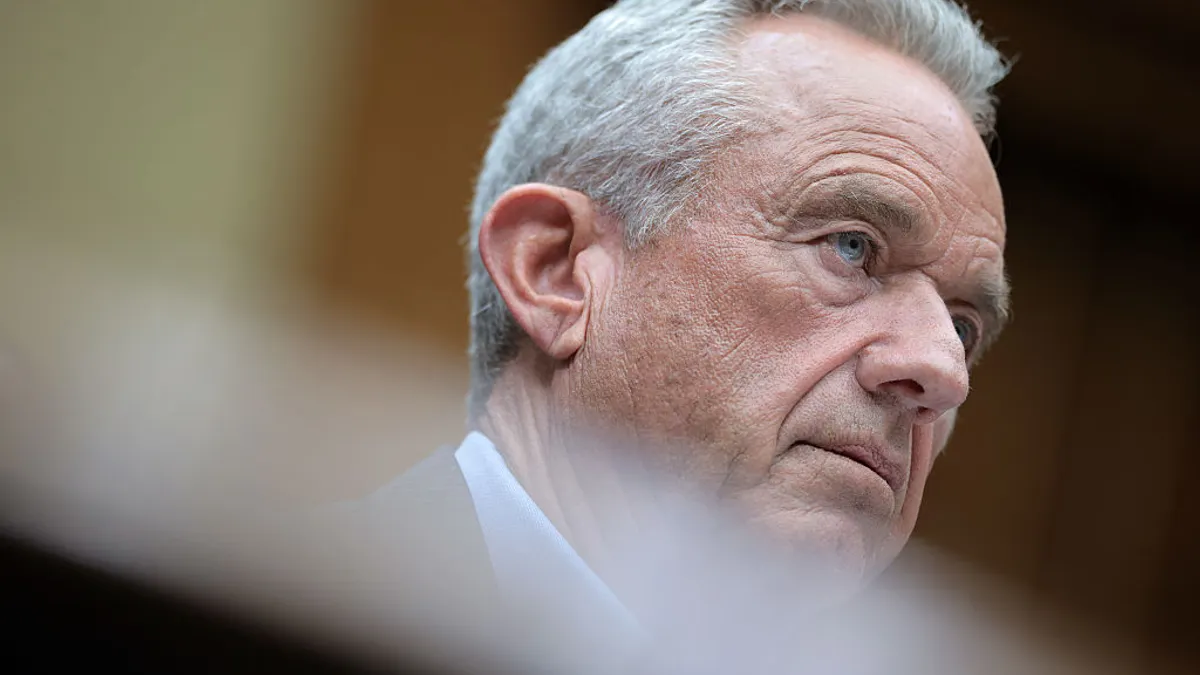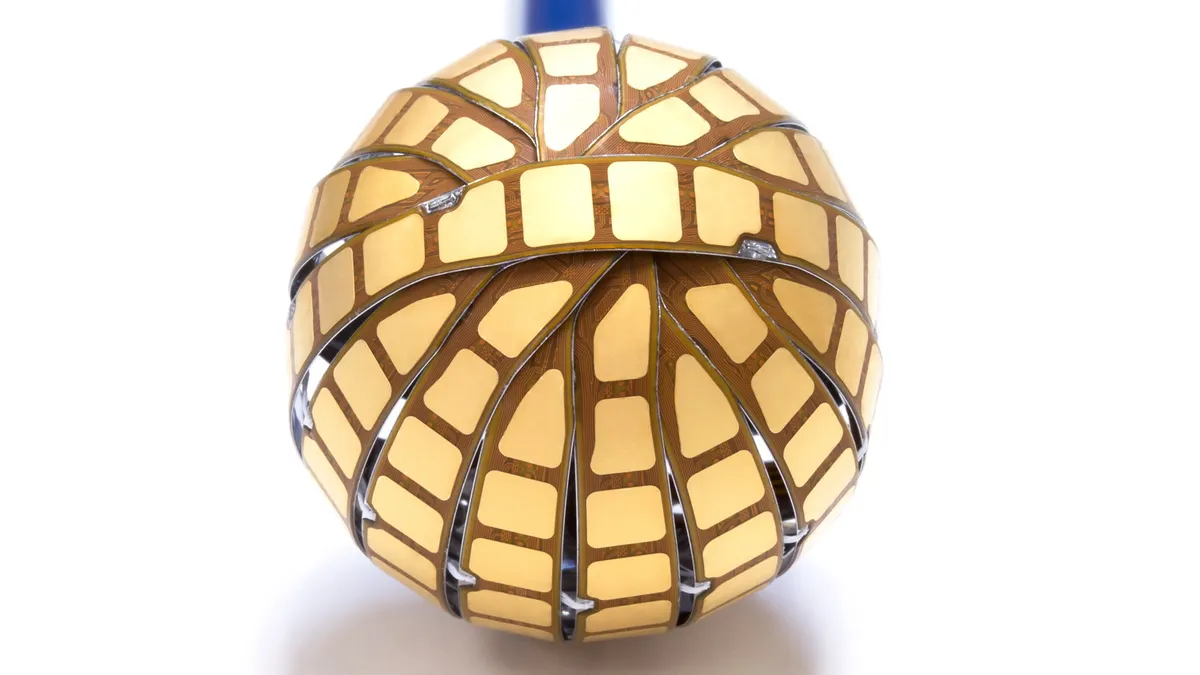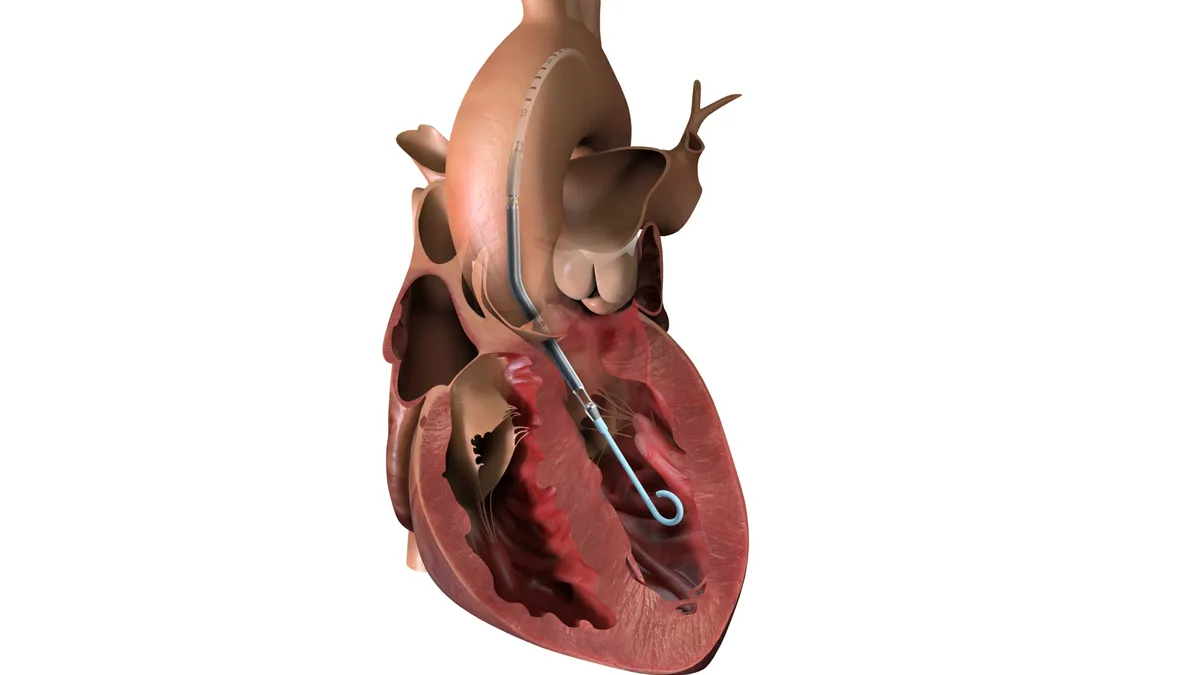U.S. life sciences company Illumina knew what it was getting into last year when it closed its $8 billion acquisition of cancer detection test maker Grail despite the European Commission's (EC) ongoing review of the takeover. The stakes are high for Illumina as the EC has warned it could fine the company up to 10% of its annual revenue as a punitive action, which translates into approximately $400 million.
When Illumina announced in August that it acquired the cancer detection test maker, it said Grail would be held as a separate company during the EC's ongoing regulatory review. Nonetheless, EC antitrust regulators contend that Illumina's brazen decision is the first time companies have "openly" implemented a deal during an in-depth investigation.
However, Illumina CEO Francis deSouza maintains that going ahead with the buy in defiance of EU antitrust regulators was the right move and it is ultimately about saving lives with Grail's Galleri multi-cancer early detection test.
"Our strong belief is that by acquiring Grail and rolling out that test more broadly, more affordably than Grail could, we will save hundreds of thousands of lives," deSouza said.
At the same time, deSouza acknowledged that due to last year's delays in EU and U.S. Federal Trade Commission reviewing the transaction, a decision was not projected until after the Illumina-Grail deal was set to expire. "The stakes were just too high to let the clock expire," the CEO said.
Had it failed to close the deal by Dec. 20, Illumina would have been required to pay a $300 million termination fee and make a $300 million investment in Grail.
The CEO also made the case that Illumina's expertise in market development and access has resulted in coverage of genomic testing for over 1 billion people globally and that this experience will ultimately lead to coverage and reimbursement for Grail's potentially life-saving Galleri test, which costs $950 because it is not covered by insurance.
"Grail on its own was not planning to go into the European Union over the next decade, just because it's complicated, whereas we already serve 140 countries around the world and have the teams on the ground that can drive reimbursement," deSouza said. "In the U.S., if we with Grail are able to accelerate reimbursement by even one year, that would save potentially 10,000 lives over the course of a decade."
The figure of potentially saving 10,000 lives in the U.S. over the course of a decade with a one-year-earlier reimbursement is a figure touted by deSouza, and Grail CEO Hans Bishop made a similar statement in August.
There is no legal impediment to Illumina acquiring Grail in the U.S., the company has stated, and it is working through the ongoing FTC administrative process.
However, Illumina is fighting a two-pronged battle in Europe in defense of its Grail acquisition: in the courts and in response to the EC's ongoing review.
"We're in phase two of that [EC] review. Where we are specifically is we submitted a package of a proposed set of remedies to them, and we're at the stage now where jointly we're discussing what they would need to look like to get us over the line," deSouza said. "We need some more time in that discussion and so we've paused the clock to give us more time in this remedy phase."
The EC's temporary pause in their investigation is the second time that it has halted its probe. The previous deadline for its decision was March 25, which was set following Illumina providing "remedies" meant to address regulators' concerns about the deal.
Illumina has offered to cut prices and continue to allow rivals access to its technologies in a bid to allay EC concerns about the Grail takeover. However, whether the offer passes muster remains to be seen.
"We're in constructive discussions with the European Commission," deSouza said, adding that the pause in the EC investigation will likely push its decision into the second quarter of 2022.
On the legal front, Illumina contends the EU lacks jurisdiction over the deal and is pursuing the matter in the General Court of the European Union. A hearing was held in December and a court ruling on Illumina's jurisdictional challenge is expected in the second quarter, according to deSouza.
"There's no real action happening there other than waiting for the judges to come back with the verdict," the CEO said.
However, with Illumina committed to appealing a potential negative decision, the legal battle could drag on for years.





















